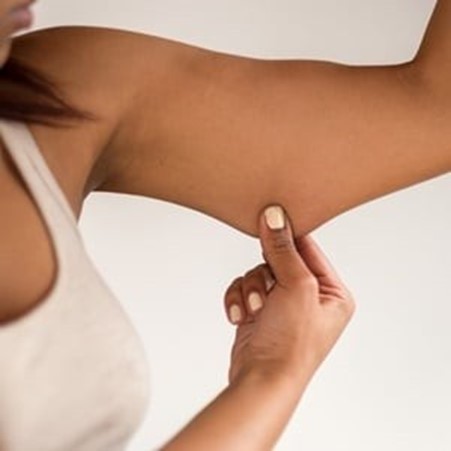A 16-year-old client is asking the practical nurse (PN) what can be done about acne. Which recommendation should the PN provide?
Omit chocolate, carbonated drinks, and fried foods from the diet.
Refer to the dermatologist for prescribed long-term therapy.
Express blackheads and follow with an exfoliating scrub.
Express blackheads and follow with an exfoliating scrub.
The Correct Answer is B
The correct answer is Choice B. Refer to the dermatologist for prescribed long-term therapy. Choice A rationale:
Omitting specific foods like chocolate, carbonated drinks, and fried foods from the diet is a common misconception about acne management. While a healthy diet can contribute to overall skin health, there is no direct evidence to support the notion that avoiding these foods alone will effectively treat acne. Acne is a complex skin condition influenced by various factors, including hormonal imbalances and genetics.
Choice B rationale:
Referring the client to a dermatologist for prescribed long-term therapy is the most appropriate recommendation for managing acne. Dermatologists are medical professionals specialized in skin conditions and can provide personalized treatment plans based on the client's specific type and severity of acne. They may prescribe topical or oral medications, such as retinoids, antibiotics, or hormonal therapy, to effectively manage acne.
Choice C rationale:
Expressing blackheads and using an exfoliating scrub is not a recommended approach for managing acne. Manual extraction of blackheads can lead to skin irritation, infection, and scarring. Exfoliating scrubs can also cause damage to the skin, especially if used too frequently or if the acne is inflamed.
Choice D rationale:
Washing the hair and skin daily with mild soap and warm water is a general hygiene recommendation and may help to keep the skin clean, but it is not a specific and effective treatment for acne. Acne requires targeted therapies to address its underlying causes and manage its symptoms.
Nursing Test Bank
Naxlex Comprehensive Predictor Exams
Related Questions
Correct Answer is A
Explanation
The correct answer is Choice A:
"Are you planning to obey the voices?.”. Choice A rationale:
The PN should ask the client if he plans to obey the voices because it helps assess the potential risk of harm to himself or others. If the client indicates an intention to follow the voices' commands to harm someone, it indicates a serious concern for safety and may require immediate intervention to protect the client and others.
Choice B rationale:
While asking if the client believes the voices are real is important for understanding the client's perception of the situation, it may not immediately address the risk of harm that the client or others might be facing.
Choice C rationale:
Asking if the client has taken any hallucinogens is relevant to explore possible substance- induced psychosis, but this question should be asked later in the assessment process. The priority is to assess immediate safety concerns related to the client's compliance with the voices' instructions.
Choice D rationale:
Inquiring about when the voices began is important, but it is not the most urgent question in this situation. Although the onset of the symptoms is relevant, addressing the potential for harmful actions should be prioritized.
Correct Answer is B
Explanation
The correct answer is choice B: Thinning of the skin with loss of elasticity.
Choice A rationale:
While a decreased ability to communicate can be a significant challenge in elderly clients, it is not the primary physical characteristic of aging that contributes to the risk of pressure ulcers. Pressure ulcers develop due to prolonged pressure on specific areas of the skin, leading to reduced blood flow and tissue damage.
Choice B rationale:

Thinning of the skin with loss of elasticity is a critical physical characteristic of aging that contributes to the risk of pressure ulcers. As the skin becomes thinner and less elastic with age, it becomes more susceptible to injury from pressure and shear forces, increasing the likelihood of developing pressure ulcers.
Choice C rationale:
A 16 percent increase in overall body fat does not directly contribute to the risk of pressure ulcers. While changes in body composition occur with aging, the primary risk factors for pressure ulcers are related to skin integrity and mobility, not body fat percentage.
Choice D rationale:
Calcium loss in the bones (osteoporosis) is not the main contributing factor to pressure ulcers. Osteoporosis primarily affects bone density and strength but does not directly influence the development of pressure ulcers.
Whether you are a student looking to ace your exams or a practicing nurse seeking to enhance your expertise , our nursing education contents will empower you with the confidence and competence to make a difference in the lives of patients and become a respected leader in the healthcare field.
Visit Naxlex, invest in your future and unlock endless possibilities with our unparalleled nursing education contents today
Report Wrong Answer on the Current Question
Do you disagree with the answer? If yes, what is your expected answer? Explain.
Kindly be descriptive with the issue you are facing.
